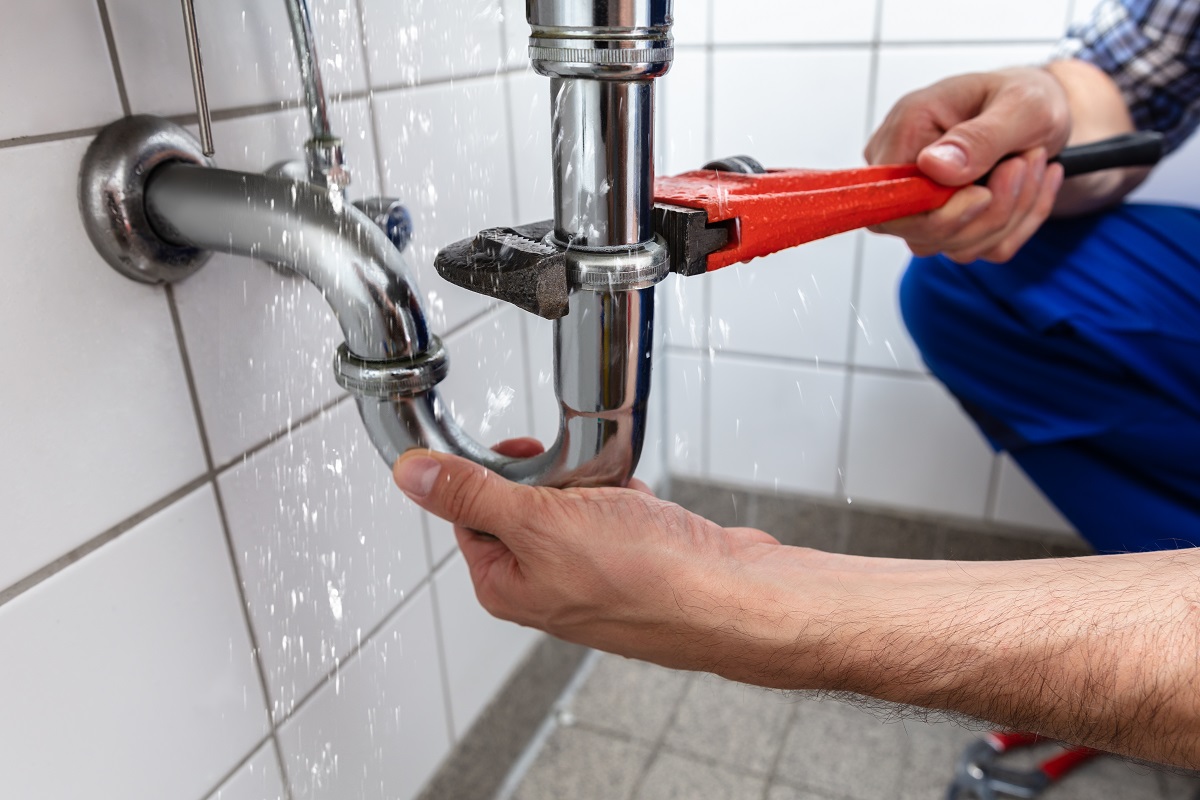No one wants to deal with a plumbing issue. But, unfortunately, from time to time, it becomes necessary to call in an expert to deal with an unfortunate plumbing emergency. For the most part, some plumbing crises are beyond our control. Unfortunately, though, there are a few emergencies that happen because of our bad habits.
Having the contact number of a plumber Sunshine Coast has on offer is always a good idea. Believe it or not, there are a few bad plumbing habits they wish you’d refrain from! Are you willing to make a change?
Change Your Plumbing Habits
The plumbing companies Sunshine Coast residents make use of don’t mind rushing out to any emergency. But, because they don’t want their customers to spend unnecessary money on avoidable plumbing issues, they’ve helped us compile a list of the bad plumbing habits that you should ditch!
Ditch the Drain Cleaner
For many people, chemical drain cleaners are a staple in their homes. While drain care is vital to avoid plumbing mishaps, harsh chemical drain cleaners aren’t always the answer. Few people realise that these potent chemicals can burn holes through your pipes.
Instead of searching for the strongest drain cleaner you can find, try a gentler approach. A combination of vinegar, hot water, drain snake and a plunger can in most instances work sufficiently to prevent drain blockages. The trick is to clean your drain regularly and not only when it’s blocked. Pouring boiling water down the drain every day should avoid major blockages.
Stop Pouring Cooking Oil and Grease Down the Drain
One of the worst habits plumbers have to contend with are homeowners who pour cooking oil down the kitchen sink. Cooking oil might be warm and in liquid form when you pour it down the sink, but as the oil cools down, it becomes hard. This hard mass of oil either blocks the immediate drain area under the sink or moves further down the pipe to create a blockage.
Dispose of cooking oil by finding a place that recycles used oil. Alternatively, you can use old bottles to pour the oil in and chuck the bottle in the dustbin. Always wipe out a pot or pan with a paper towel before placing it in the sink. Also, remember to scrape food scraps in the dustbin, not down the sink.
Stop Flushing EVERYTHING!
Some homeowners tend to flush just about everything. What they might not realise is that just because you no longer see the offending object, doesn’t mean it’s gone. Items such as napkins, diapers, wet wipes and feminine hygiene products can easily lead to blockages along the plumbing pipeline.
Only toilet paper should be flushed. All other items should be disposed of in the garbage. Be sure to keep a closed bin in the bathroom to make it easier for visitors to chuck items in. And, be sure to enforce this rule with everyone in the household.
Avoid Drop-in-toilet Fresheners
No one likes a smelly bathroom so homeowners spend a lot of money on any solution that will keep their bathrooms smelling fresh. That often includes drop-in-toilet deodorisers. While these products might smell great, they often cause more harm than good.
Just like the harsh chemicals in drain cleaners, toilet deodorisers are made of harsh chemicals that can damage the pipes as well as the toilet valve. Alternatively, look for a more natural approach. Use natural disinfectants that aren’t as harmful as their chemical alternatives.
Your DIY Attempts Make Matters Worse
Often, in an attempt to save money, homeowners attempt to fix smaller plumbing problems by themselves. While this might work with a simple valve repair, bigger jobs can result in more serious damage.
If your plumbing issue seems bigger than any other issue you’ve been able to repair on your own, it’s best to consult a professional. Professional plumbers can locate and perform a repair using the right equipment faster than most DIY attempts. Be sure to ask the plumber what could have caused the problem. That will help you avoid the same mistakes in the future.
Know Where the Main Valve Is
Nothing is more frustrating to a plumber than arriving at your home only to find it flooded, with water spewing out of a pipe and the owners not having an idea how to switch it off!
Not all water main valves are located in similar places on properties. When you move into a new home, be sure to ask the previous owners where the main valve is. Also, find out how it works. That way you can at least turn off the water until the plumber comes to save the day!
Final Thought
The best way to avoid a plumbing emergency is by giving up on the bad habits that often lead to major problems. Avoid flushing everything in either the toilet or food disposal. Never pour cooking oil, grease or food scraps down the sink. Don’t tinker with repairs you aren’t too sure how to fix. A simple change in habits will help your plumber help you!
